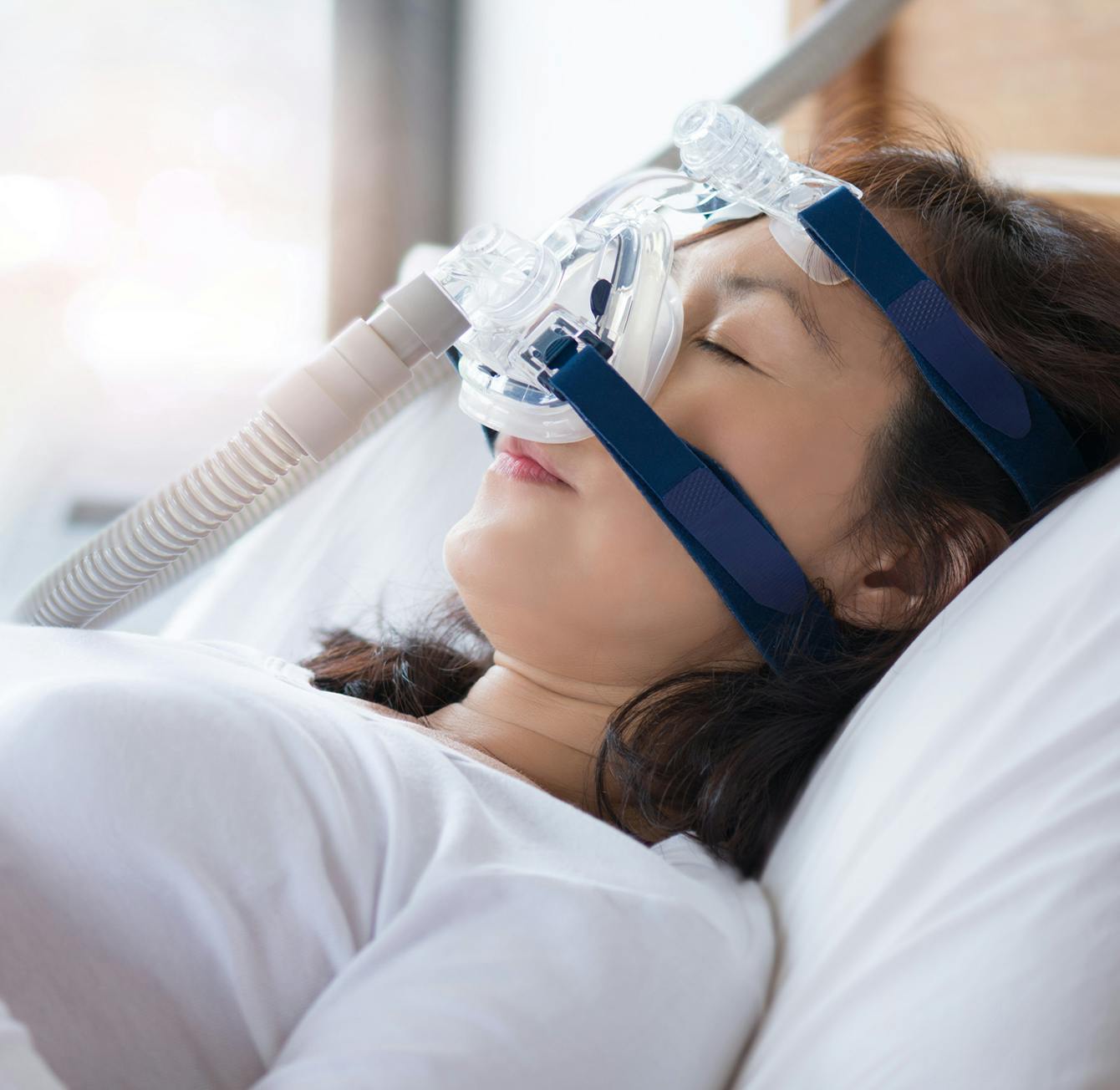Sleep apnea is a serious sleep disorder that can significantly impact one’s health and quality of life. When conservative treatments such as continuous positive airway pressure (CPAP) therapy and lifestyle changes are not effective or suitable, sleep apnea surgery may be considered. At Louisiana ENT, we offer advanced surgical options tailored to address the specific causes of sleep apnea in our patients.
Types of sleep apnea surgeries
Several surgical options are available, depending on the location and cause of the airway obstruction:
- Uvulopalatopharyngoplasty (UPPP): This procedure involves removing excess tissue from the throat, including parts of the uvula, soft palate, and pharynx, to widen the airway.
- Genioglossus Advancement (GA): GA targets the tongue’s base, pulling it forward to keep the airway open.
- Maxillomandibular Advancement (MMA): A more complex procedure, MMA moves the jaw forward, enlarging the space behind the tongue and soft palate.
- Hyoid Suspension: This technique secures the hyoid bone to the thyroid cartilage to help stabilize the airway.
- Radiofrequency Ablation (RFA): RFA reduces the size of the tongue or other tissues in the throat that may be causing obstruction.
- Nasal surgery: Procedures such as septoplasty or turbinate reduction can improve airflow through the nose.





